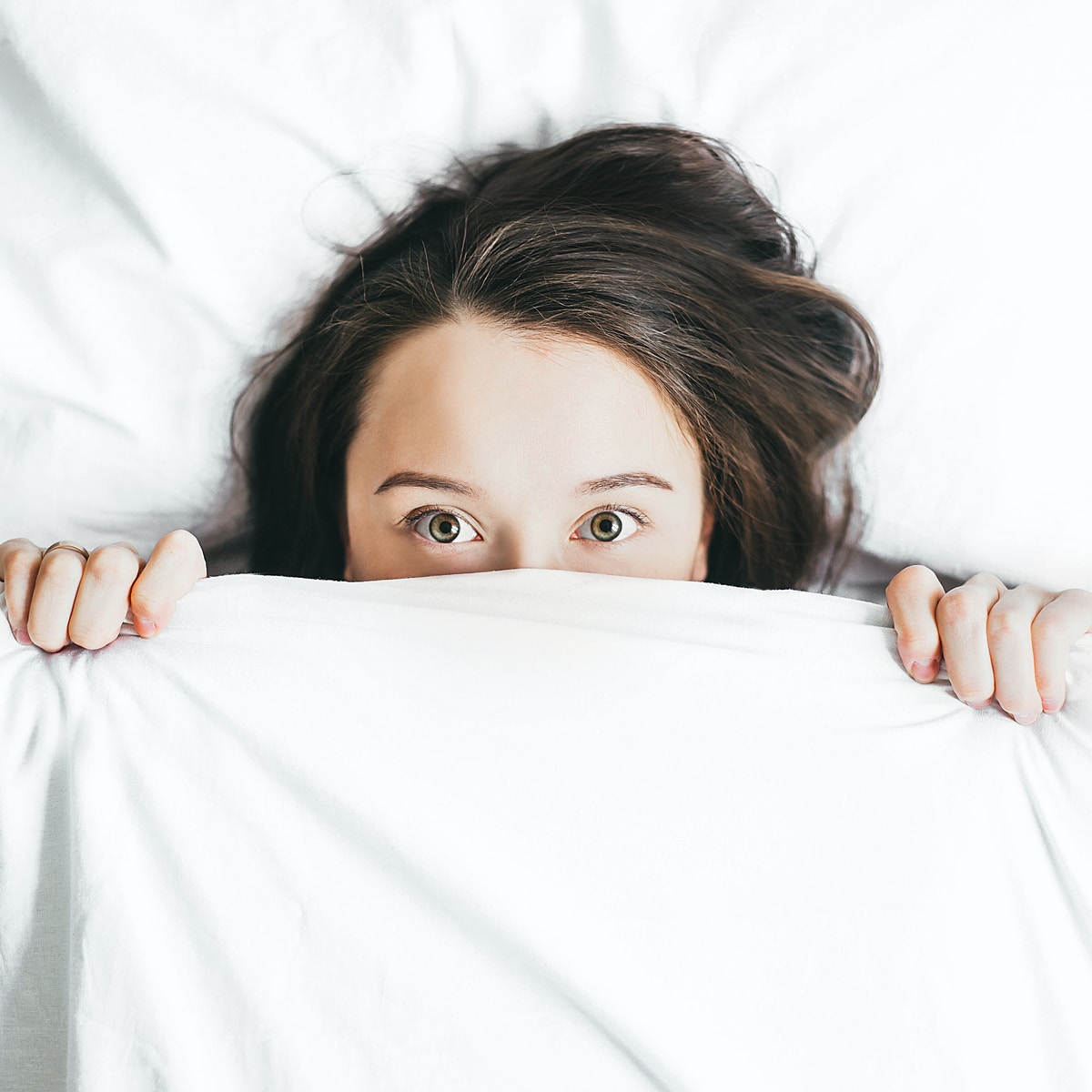News
CBD: a natural solution to insomnia?

CBD: a natural solution for insomnia? What is the result of CBD INSOMNIA?
Everyday worries can sometimes generate stress, especially with the current health crisis. Regular use of technology (and especially screens) also encourages insomnia , as well as certain chronic pathologies which have a long-term impact on the quality of our sleep. Sleep disorders prevent us from recovering properly, which has a direct impact on our physical and cognitive capacities, our concentration, our morale and our social relations.
In 2018, 60 millions de consommateurs magazine devoted a special issue to the subject, estimating that 30% of French people were prone to this type of disorder. While CBD is not a miracle product, and of course cannot replace the advice of a doctor, some studies prove that it is a natural relaxant capable of promoting sleep. If it takes you longer than 30 minutes to fall asleep, if you wake up at least 30 minutes before the desired time, if your total sleep time has been less than 6 hours a night for at least 3 months, at a rate of 3 times a week, then you are most likely suffering from chronic insomnia. 1
"CBD does not necessarily promote sleep, but acts on the sleep phase"
CBD binds to CB1 and CB2 receptors, which are cannabinoid receptors located in the central nervous system. Consumption of CBD attenuates neuronal activity, reducing anxiety, stress and certain types of pain.
Research conducted in 20122 explains that CBD helps "to restore REM sleep disrupted by anxiety and ultimately blocks its alteration via its anxiolytic effect". To put it simply: CBD is an effective de-stressant that doesn't act directly on sleep, but helps people fall asleep and thus re-establish a functional sleep cycle. By promoting muscular relaxation, CBD improves the famous "falling asleep" phase, which is essential for a calm, complete and restful night's sleep. It helps stabilize the 24-hour biological cycle, marked by alternating phases of wakefulness and wakefulness, itself linked to the earth's rotation and variations in light (day/night). Maintaining its balance is therefore essential for most living species.
CBD: a natural alternative to sleeping pills?
In 2019, as part of a clinical experiment published on theUS National Library of Medicine website, researchers were able to demonstrate that sleep became more qualitative for 66.7% of subjects consuming CBD after one month, and that anxiety decreased for 79.2% of them over an identical period 3.
There are still too few studies to confirm that CBD is a truly effective therapeutic solution for insomnia. We would also remind you that CBD is not a substitute for treatment prescribed by a doctor, and that it is essential to consult a health professional to determine the right dosage for your medical history. However, if you're reluctant to use sleeping pills, CBD could be a gentler first approach, with no risk of addiction.
In fact, the body often becomes dependent on drugs used to treat sleep disorders, leading to overdoses and subsequent withdrawal difficulties.4 Decoctions or infusions of passionflower, hawthorn, chamomile, linden or jasmine are all natural ways to relax. Mixed with CBD flowers, these sedative plants make excellent herbal teas. Of course, the advice of a herbalist or pharmacist is recommended to establish the best dosage. We would also remind you that the consumption of certain plants is contraindicated for people suffering from allergies or for women who are breast-feeding. So take every precaution, even with plants!
To treat stress or insomnia, it is generally recommended to take CBD over a short period (1 to 2 months) and on a daily basis. Consumption of of CBD oils oils is most often recommended, at the rate of a few drops a day to be placed under the tongue (0.5 to 20 mg / day for mild insomnia, to be confirmed with a professional depending on your profile).
"Above all, have a healthy lifestyle".
While it's possible that CBD can naturally accompany you into the arms of Morpheus, there's no miracle solution for finding sleep and fighting anxiety. Certain best practices remain essential: a healthy diet, regular physical activity and a reduction, especially in the evening, of stimulants such as tobacco, alcohol or screens.

